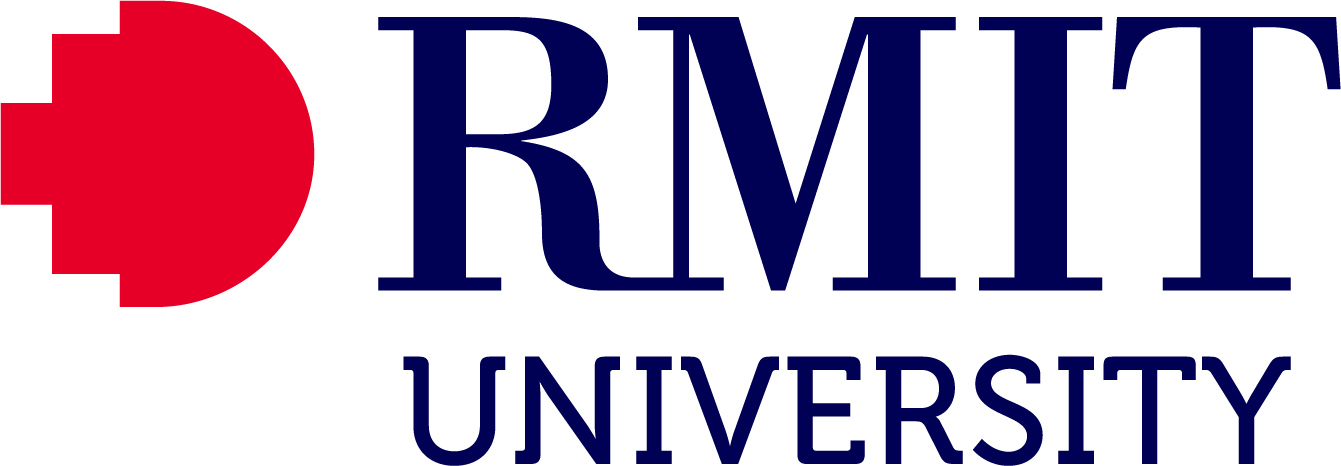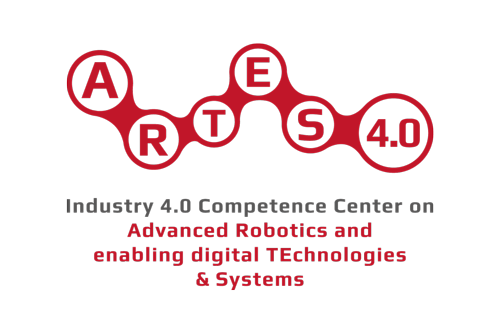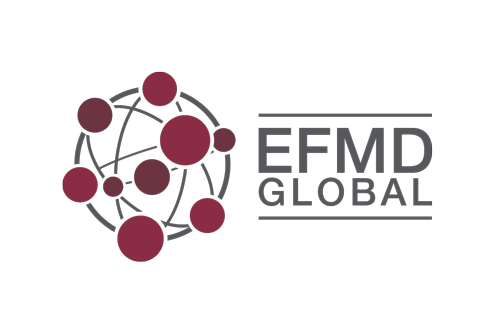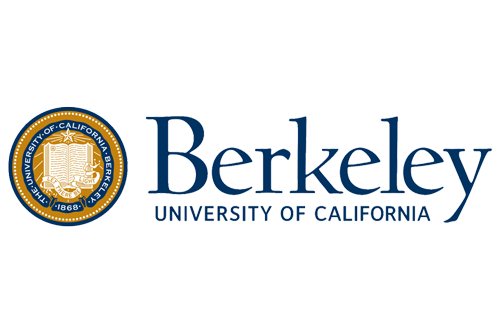Consortium
EINST4INE comprises a group of academic and industry partners spanning the globe, with consortium institutions based in Australia, Denmark, Finland, Germany, Italy, Norway, Portugal, Spain, the UK and the USA.
Through secondments, our Early Stage Researchers (ESRs) will be exposed to multiple innovation ecosystems, including automotive, manufacturing, sustainability and gaming.
Consortium
EINST4INE comprises a group of academic and industry partners spanning the globe, with consortium institutions based in Australia, Denmark, Finland, Germany, Italy, the UK and the USA.
Through secondments, our Early Stage Researchers (ESRs) will be exposed to multiple innovation ecosystems, including automotive, manufacturing, sustainability and gaming.

Aarhus University is a Danish university founded in 1928 which today has several world class research fields. It is a top ten university among universities founded within the past 100 years. It has a long tradition of partnerships with some of the world’s best research institutions and university networks.
Aarhus University has a strong commitment to the development of society that is realised through its collaboration with government agencies and institutions and the business community.
The university’s goal is to contribute towards solving the complex global challenges facing the world. The university therefore strives to combine the high level of academic standards of its researchers with collaboration across disciplinary boundaries to combine research in new ways and solve challenges in close contact with the world around us.
Founded in 1209, the University of Cambridge in the United Kingdom is the fourth-oldest university in the world. It has more than 20,000 students, from 150 countries. It includes 31 Colleges, six Schools and over 150 Faculties and Departments, covering a vast array of subjects and specialised areas of research.
The Institute for Manufacturing (IfM) is a Division within the Department of Engineering which focuses on manufacturing technology and management. Through teaching, research and practice, IfM aims to support companies to develop life-changing products and services, build better businesses, create meaningful jobs, and improve the environment for the future; and governments to foster innovation and enterprise to deliver social and economic benefits.
Learn more about PhD research at the University of Cambridge
Lappeenranta-Lahti University of Technology LUT is a pioneering science university in Finland bringing together the fields of science and business since 1969. Its international community is composed of approximately 6,500 students and experts engaged in scientific research and academic education.
LUT has a tradition of strong links with the business community. The Finnish business journal Talouselämä has ranked LUT as the best university in business technology cooperation in Finland. The university promotes business generated by scientific research.
Luiss – Libera Università Internazionale degli Studi Sociali Guido Carli – is an independent Italian university. It was created out of a pre-existing Roman institution, Pro Deo, between 1974 and 1978.
Luiss offers an innovative educational approach at its four Departments: Economics and Finance, Business and Management, Law, and Political Science. Its goal is not simply to convey knowledge but to instill flexibility in young people, giving them a sense of mastery over their future.
Luiss has four Schools for graduate and professional studies: the Luiss Business School, the School of Government, the School of Law, and the School of European Political Economy.
RMIT Europe is the European hub of RMIT University, a global university of technology, design and enterprise with campuses in Australia and Vietnam. Based in Spain, RMIT Europe is the university’s gateway for European research, industry, government and enterprise to innovation and talent in Australia and Asia.
RMIT is ranked in the top 20 globally for universities under 50 years old. World-class people, leading edge resources, collaboration with industry partners and a multi-disciplinary approach are just a few of the trademarks of research at RMIT. Research excellence is underpinned by a commitment to connect students to the real world application of new knowledge and innovation. The university offers unparalleled access to industry collaborators, world-class facilities and the support of a community of highly cited scholars.
Sant’Anna School of Advanced Studies is a public Italian university institute – with special autonomy – working in the field of applied sciences: Economics and Management, Law, Political Sciences, Agricultural Sciences and Plant Biotechnology, Medicine, and Industrial and Information Engineering.
The Sant’Anna School of Advanced Studies aims at experimenting innovative paths in research and education.
Learn more about PhD research at Sant’Anna School of Advanced Studies
The University of Stuttgart stands for outstanding, globally recognised research and first-class teaching in one of the most vibrant industrial regions in Europe. It is a leading technically oriented university in Germany with a worldwide presence. It sees itself as a hub of university, non-university, and industrial research as well as a guarantee of quality and holistic, research-led teaching.
The university promotes the transfer of knowledge and technologies into society in all of its profile, competence, and potential areas. The ‘Stuttgarter Weg’ stands for the interdisciplinary integration of engineering, natural, human, and social sciences based on top disciplinary research. The university’s vision is ‘Intelligent Systems for a Sustainable Society’.
EINST4INE: The European Training Network for InduStry Digital Transformation across Innovation Ecosystems
Einst4ine (at) rmit.edu.au

This project has received funding from the European Union’s Horizon 2020 research and innovation programme under the Marie Skłodowska-Curie grant agreement No 956745. Results reflect the author’s view only. The European Commission is not responsible for any use that may be made of the information it contains.

This project has received funding from the European Union’s Horizon 2020 research and innovation programme under the Marie Skłodowska-Curie grant agreement No 956745.
Results reflect the author’s view only. The European Commission is not responsible for any use that may be made of the information it contains.



























